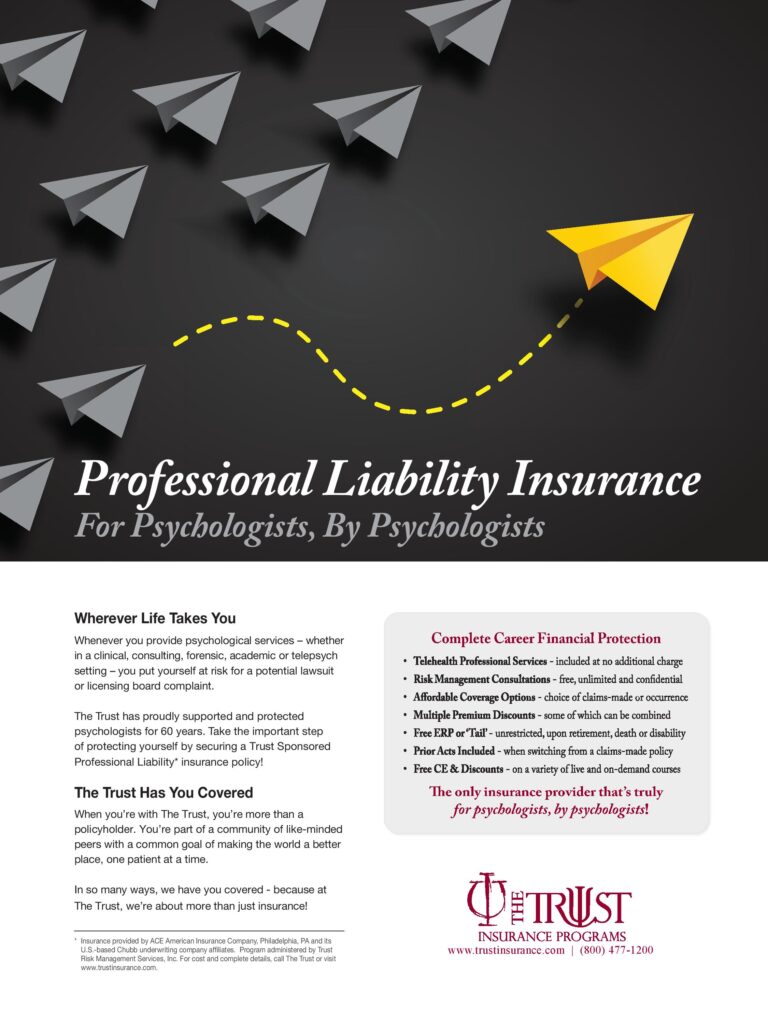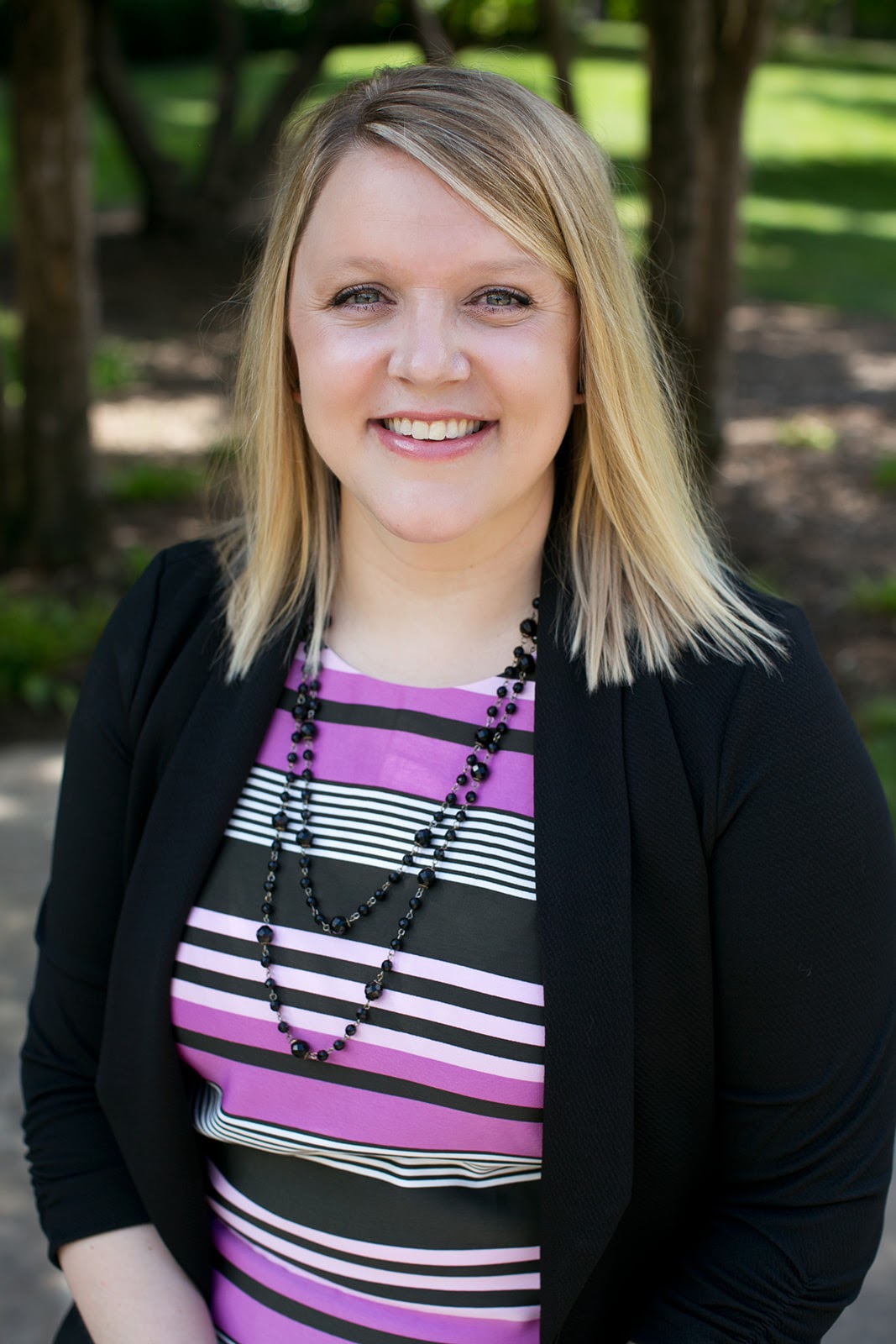Science Consistently Shows Conversion Therapy to be Harmful and Ineffective
The Iowa Psychological Association Public Education Committee has the sole purpose of bringing to the public’s awareness psychological research and science in about issues relevant to Iowans. The purpose of this committee is to inform and educate based on scientific research. With that in mind, we share the following regarding the science on sexual orientation and the lack of science supporting sexual reorientation/conversion therapy.
In 1990, Dr. Bryant Welch, American Psychological Association Executive Director stated, “Research findings suggest that efforts to repair homosexuals (sic) are nothing more than social prejudice garbed in psychological accoutrements.” Since then, mainstream medical and psychological health associations have taken unequivocal stances against what is called conversion, reparative, or reorientations therapies due to lack of scientific evidence to support positive impact of these interventions, and the plethora of evidence documenting harm. These organizations include: American Academy of Child & Adolescent Psychiatry, American Academy of Family Physicians, American Academy of Nursing, American Academy of Pediatrics, American Association of Marriage & Family Therapy, American College of Physicians, American Counseling Association, American Medical Association, American Medical Student Association, American Psychiatric Association, American Psychoanalytic Association, American Psychological Association, American School Health Association, American School Counselor Association, American School Health Association, National Association of Social Workers, Pan American Health Organization, School Social Work Association of America, and others.
These organizations, representing the majority of U.S. medical and psychological health professionals, have taken this stance not because of political positioning, but because, as the American Psychological Association (2021) noted:
The APA affirms that scientific evidence and clinical experience indicate that sexual orientation change efforts (SOCE) put individuals at significant risk of harm;
APA encourages individuals, families, health professionals, and organizations to avoid SOCE;
APA affirms that same-gender and multiple-gender attraction, feelings, and behavior are normal variations in human sexuality, being LGBTQ+ is not a mental disorder, and APA opposes portrayals of sexual minorities as mentally ill because of their sexual orientation;
APA opposes making claims that sexual orientation can be changed through SOCE and;
APA, because of evidence of harm and lack of evidence of efficacy, supports public policies and legislation that oppose, prohibit, or aim to reduce SOCE, heterosexism, and monosexism and that increase support for sexual orientation diversity.
These organizations have taken stances validating the inherent worth, dignity, and validity of sexual/affectional orientation due to the lack of conclusive empirical evidence that supports that any one sexual/affectional orientation is less or more mentally and physically healthy. In fact, the data is so consistent, these organizations had no other choice but to take these stances to uphold their own foundations of evidence-based decision making. Those who continue to advocate for reorientation continue to perpetuate the reductionist, bipolarity construct of sexual/affectional orientation that science left behind 50 years ago when the American Psychiatric Association declassified homosexuality as a mental health concern in the Diagnostic and Statistical Manual of Mental Disorders. A review of the history of this decision can be found here.
The faulty assumptions imbued into the claims of reorientation are numerous and include:
- Sexual/affectional orientation is behavior that can be changed. This approach ignores copious evidence connoting the multimodality of sexual/affectional orientation, including identity in research across the world.
- Sexual/affectional orientation is limited LGBQ people. Sexual/affectional orientation is descriptive of all people, but Straight people are not expected to engage in reorientation. Research on what science understands about the development sexual orientation and cultural expression of sexual orientation can be found in the following: Biodevelopment of Same-Sex Sexual Orientation , Biological Research on Development of Sexual Orientation, Human Sexual Orientation, Sexual Orientation, Controversy, and Science, Stability and Change in Sexual Orientation
- Religion condemns LGBQ orientation. Reorientation could be sought for religious choice. However, people who identify as LGBQ do not have to abdicate their right to participate in religious practice. Major U.S religions support LGBQ orientations include: American Baptist Church; Disciples of Christ; Episcopal Church; Metropolitan Community Church; Presbyterian Church, USA; Reform Judaism; Society of Friends; Unitarian Universalist Church; Buddhism, United Church of Christ, Congregational, and others.
- Research supports reorientation therapy. Research supporting reorientation therapy has been criticized for problems with poor methodology, biased participant selection, statistical analyses, and inadequate outcome measures. Unethical behavior, sexual abuse, deception, and theological malpractice are also rife throughout this literature. The confines here do not allow for detailing all of this research, though objective reviews can be found from infinitely wide sources including the Minnesota Department of Health, Cornell University, to the Government of the United Kingdom.
- Straight is the standard. There is a systematic bias toward straight orientation and a faulty mainstay assertion within reparative therapy is that people who are LGBQ are undeveloped, regressed, and fixated. Journal of Personality and Social Psychologyand Behavioral Sciences
- Reorientation therapies only help. An overwhelming number of studies note the harmful impact, ethical violations of, or ineffectiveness of conversion therapy. For a review see J Med Regul. 2016; 102(2): 7–12, and the Oxford Journal of Legal Studies
These are a few of the many faulty and specious assumptions that undergird this movement. The leading national organizations who represent the majority of U.S. licensed medical and psychological providers, clearly state that as there is no illness, there is no cure. Legal prohibitions against such practices, which cannot sufficiently document positive outcomes over risk for harm, exist in 27 states+ D.C. and this number grows annually. It is time, as it is with all medical and mental health matters, to listen to the evidence and move on from practices whose predominant basis is bias, poor science, historical limitations, and societal prejudice.
Submitted by:
The Iowa Psychological Association Public Education Committee, ipa@iowapsychology.org
The Iowa Psychological Association Public Education Committee has the sole purpose of bringing to the public’s awareness psychological research and science in about issues relevant to Iowans. The purpose of this committee is to inform and educate based on scientific research.






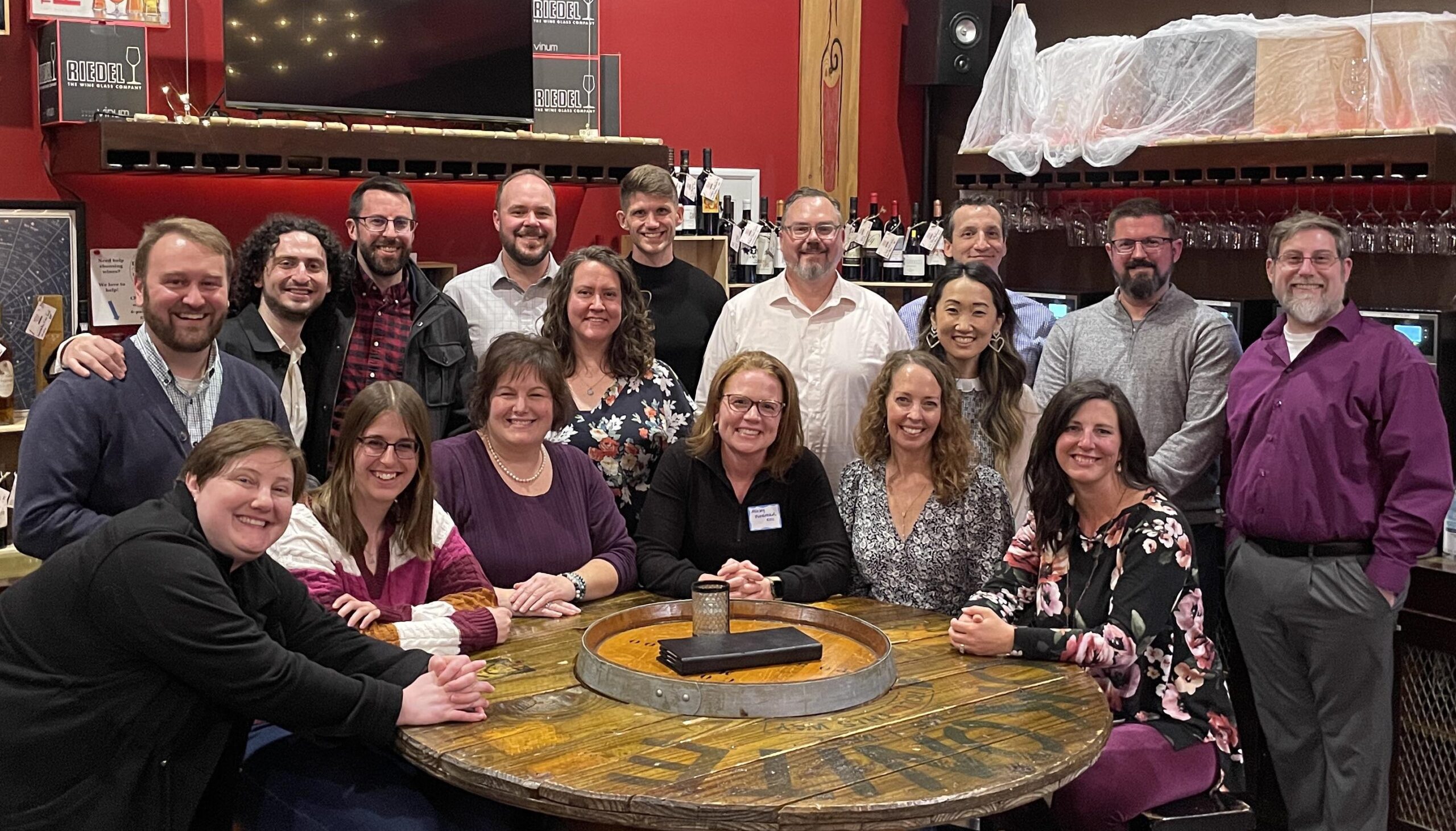
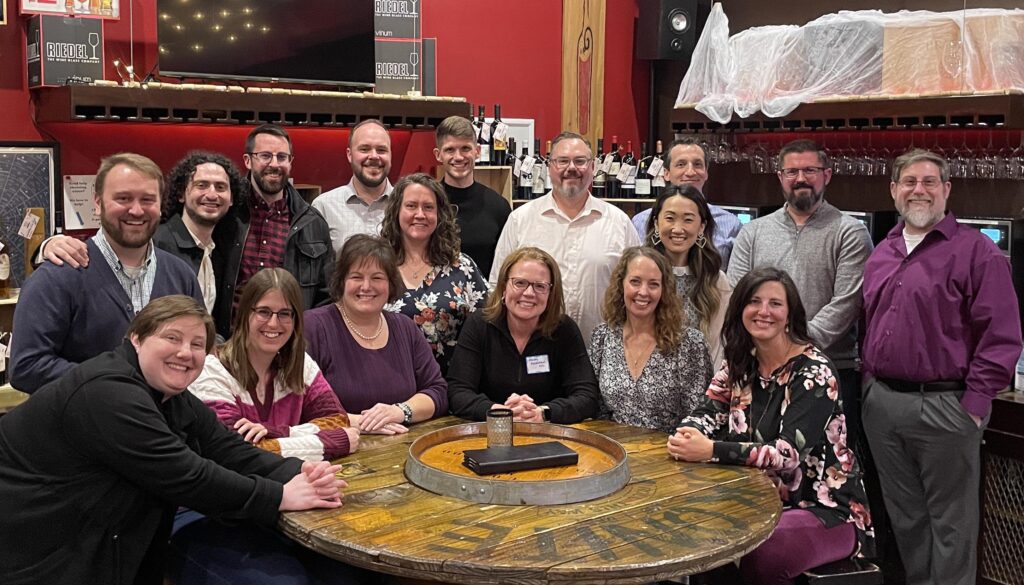
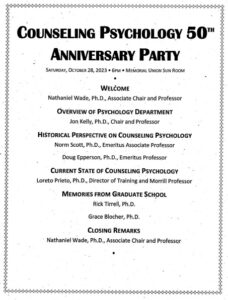 In the evening, we attended a banquet at the Memorial Union where current and former ISU faculty members and a former student shared historical facts about the department and memories of their time at ISU. Dr. Jonathan Kelly, current Chair of the Psychology Department, provided an overview of the Counseling Department. Dr. Norm Scott, ISU faculty from 1971-2017, summarized the intense and multi-year APA accreditation process that concluded in 1973 by designating ISU as the 15th Counseling Psychology Program to be accredited in the United States. The first programs to be accredited were University of Minnesota and Teachers College – Columbia University, both awarded in 1952. Currently, 80 Counseling Psychology programs have APA-accreditation in the United States.
In the evening, we attended a banquet at the Memorial Union where current and former ISU faculty members and a former student shared historical facts about the department and memories of their time at ISU. Dr. Jonathan Kelly, current Chair of the Psychology Department, provided an overview of the Counseling Department. Dr. Norm Scott, ISU faculty from 1971-2017, summarized the intense and multi-year APA accreditation process that concluded in 1973 by designating ISU as the 15th Counseling Psychology Program to be accredited in the United States. The first programs to be accredited were University of Minnesota and Teachers College – Columbia University, both awarded in 1952. Currently, 80 Counseling Psychology programs have APA-accreditation in the United States. In addition to honoring the 50th anniversary of APA Accreditation, the evening also honored Dr. Norm Scott, who retired in 2017. Dr. Scott was an ISU Counseling Psychology faculty member for 45 years. Along with his many contributions to the field and to the department, Dr. Scott was appointed by Governor Robert Ray to the State Board of Psychology Licensure Examiners in 1979. He held the appointment until 1983 and chaired the Board from 1981-1983. Additionally, he was the IPA Membership Chair from 1987-1989. Dr. Scott is known for his positive and supportive interactions with colleagues and students. One of the speakers at the banquet, Dr. Rick Tirrell (‘78), was Dr. Scott’s first doctoral student.
In addition to honoring the 50th anniversary of APA Accreditation, the evening also honored Dr. Norm Scott, who retired in 2017. Dr. Scott was an ISU Counseling Psychology faculty member for 45 years. Along with his many contributions to the field and to the department, Dr. Scott was appointed by Governor Robert Ray to the State Board of Psychology Licensure Examiners in 1979. He held the appointment until 1983 and chaired the Board from 1981-1983. Additionally, he was the IPA Membership Chair from 1987-1989. Dr. Scott is known for his positive and supportive interactions with colleagues and students. One of the speakers at the banquet, Dr. Rick Tirrell (‘78), was Dr. Scott’s first doctoral student.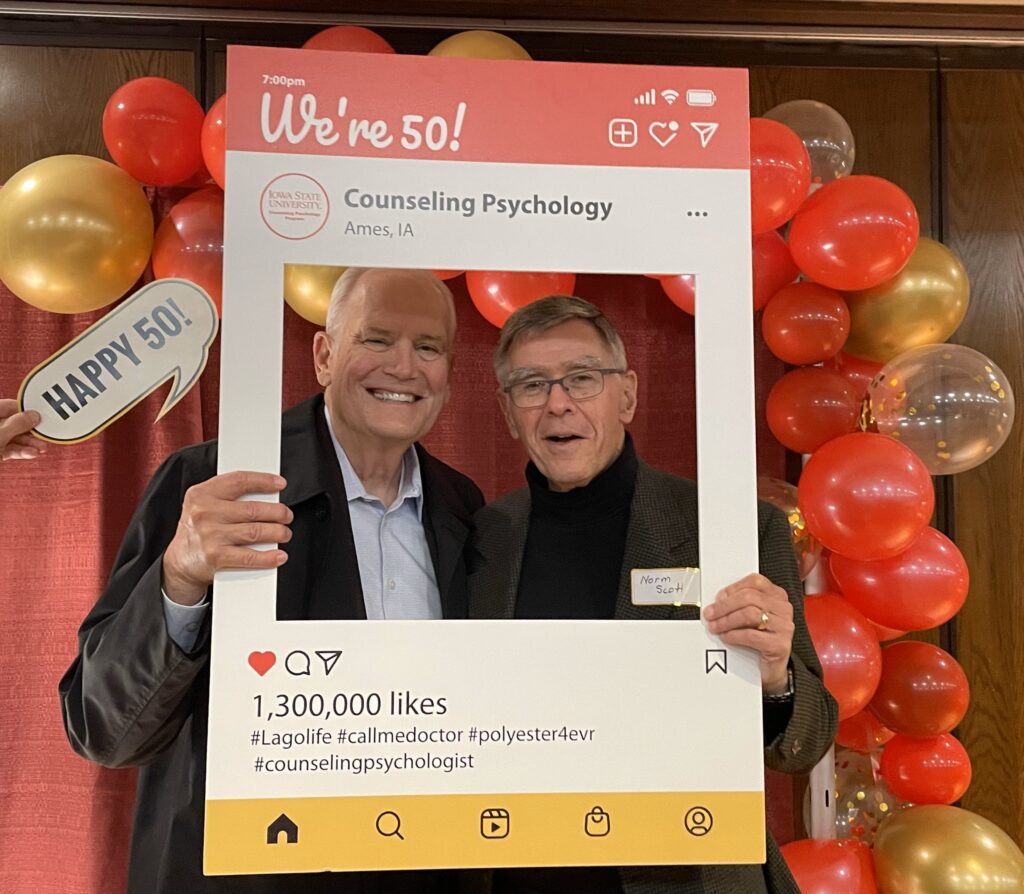
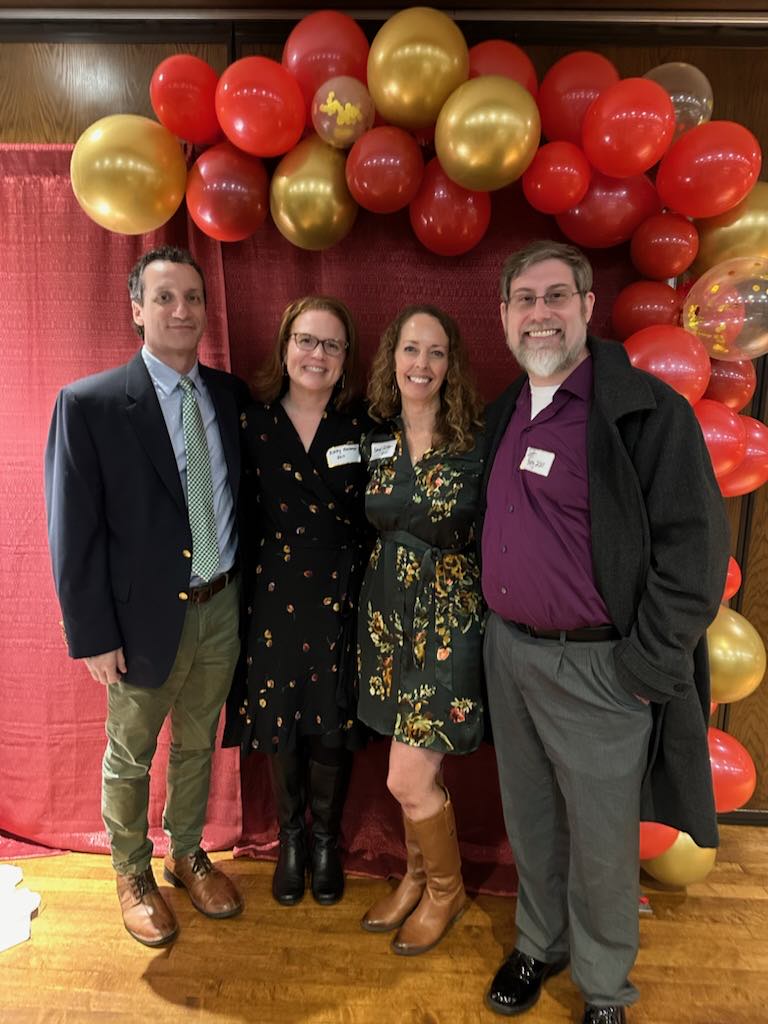
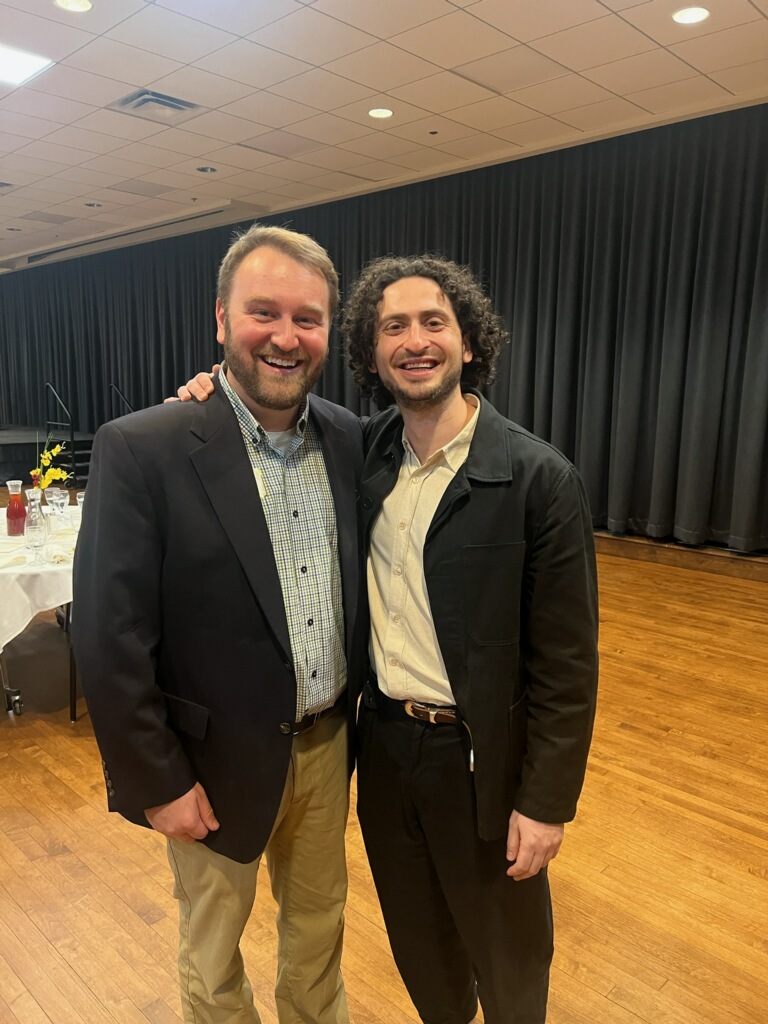
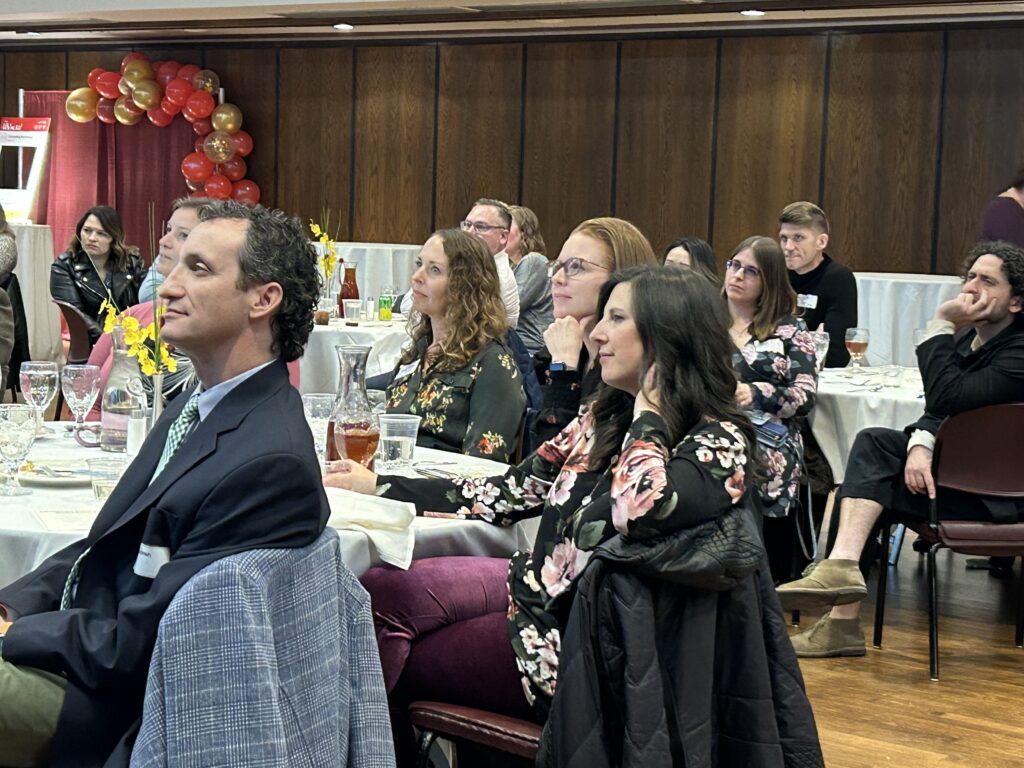


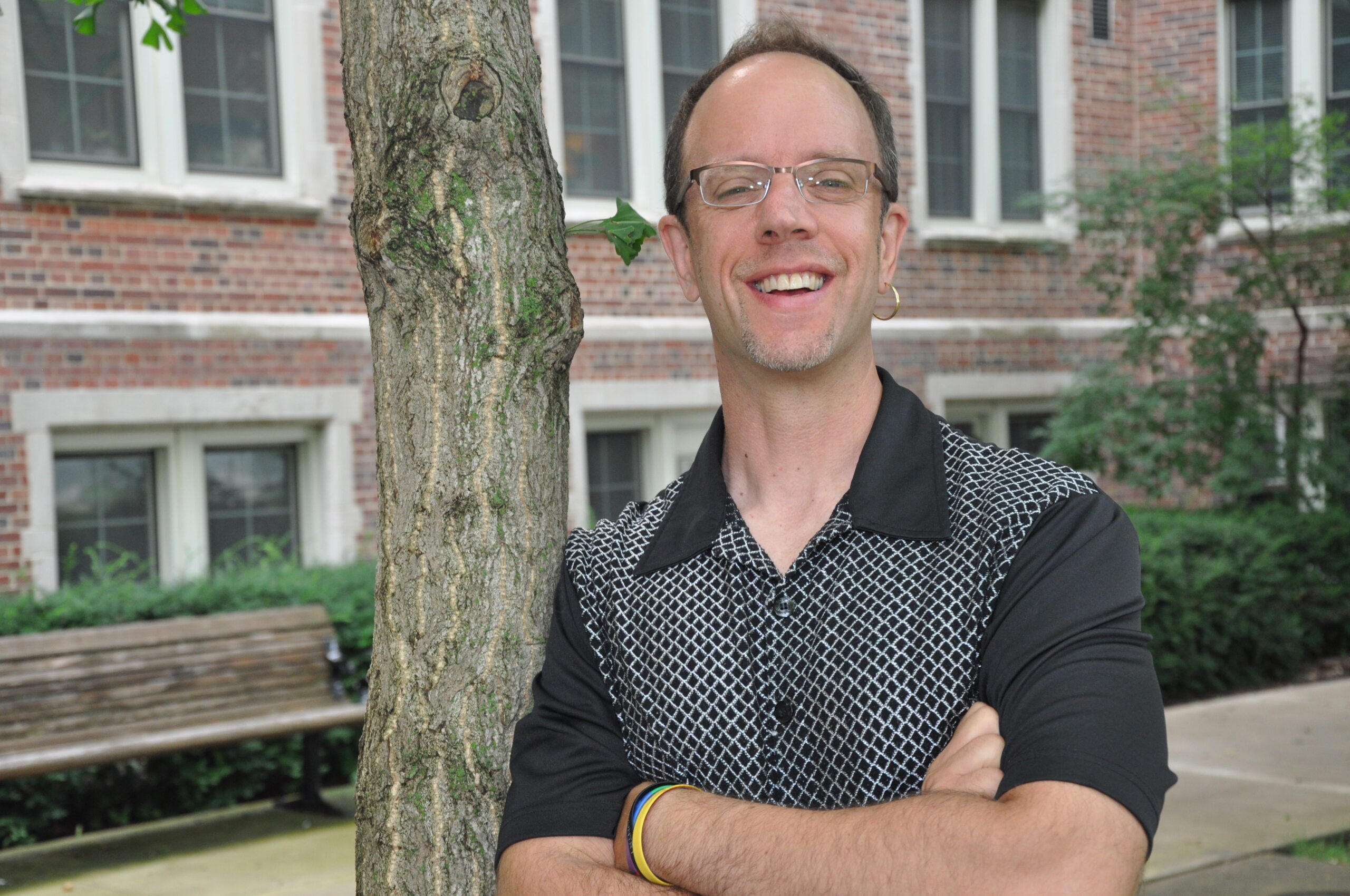
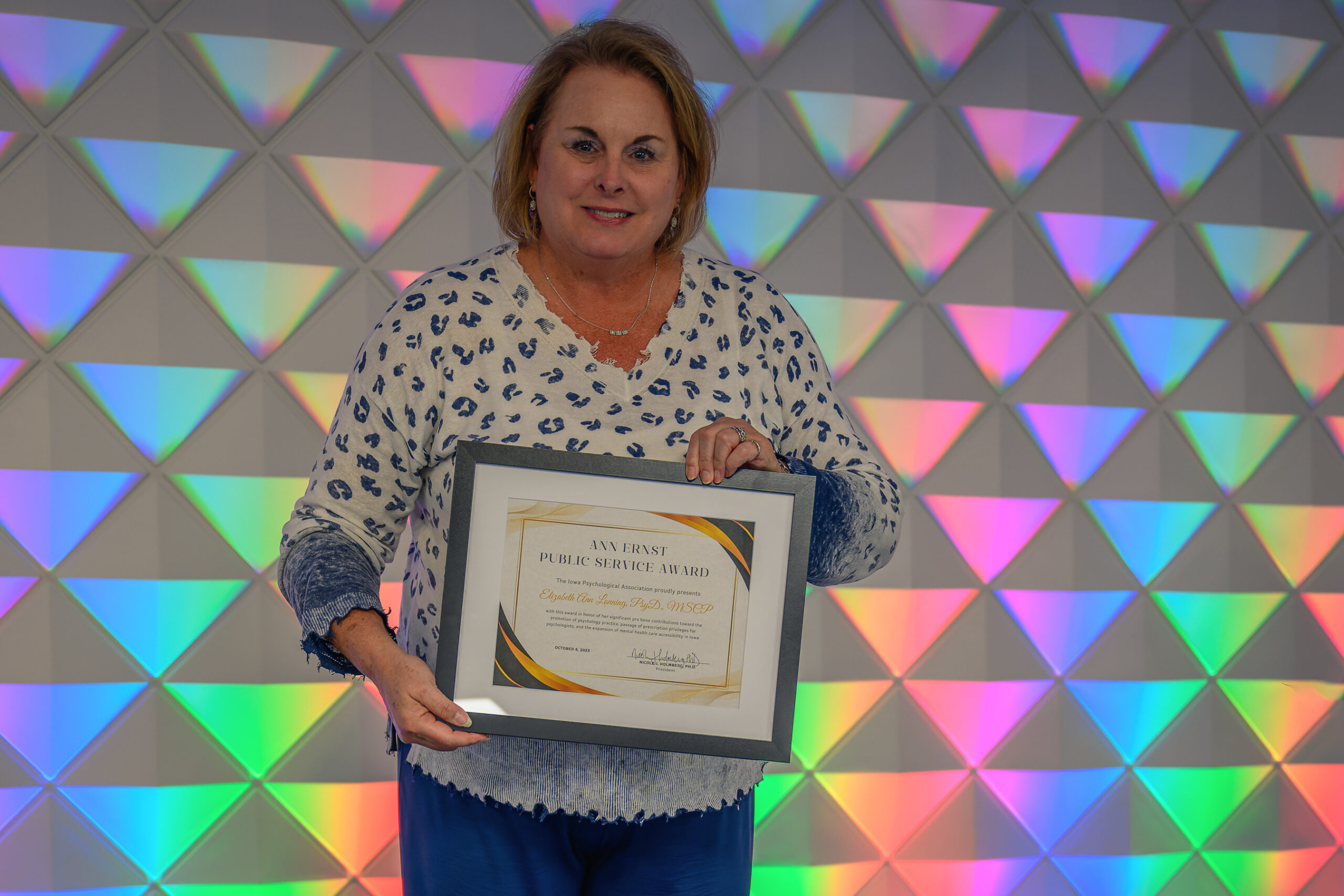
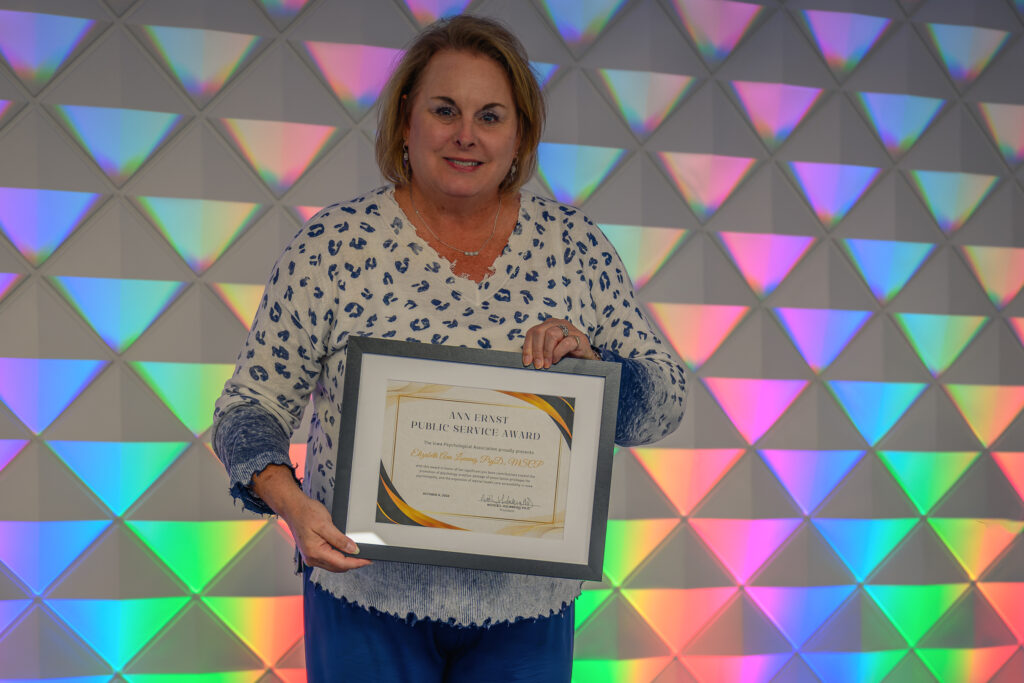

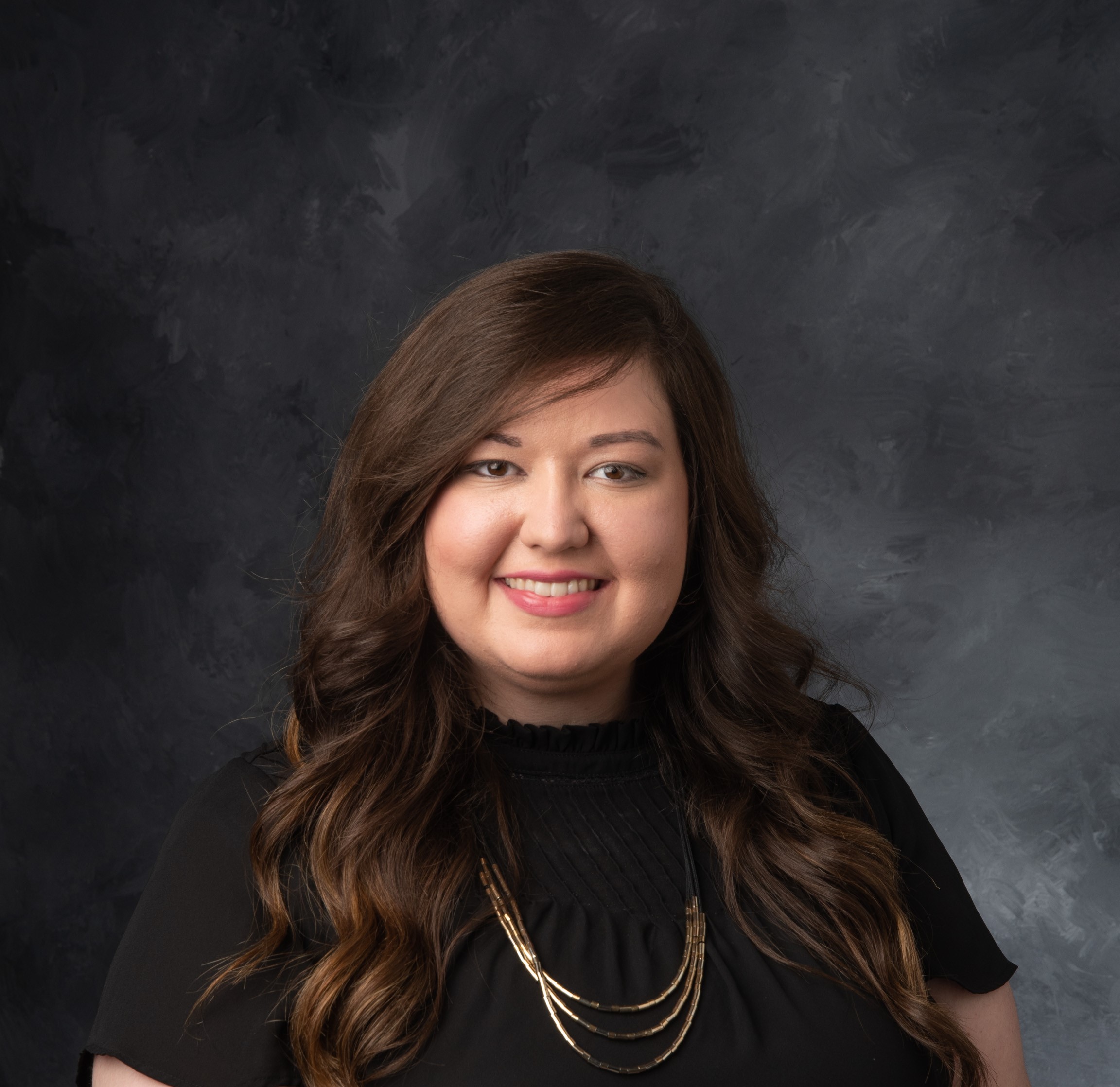
 Hello, fellow psychology students! My name is Ashley Banta, and I’m the IPA Student Division Representative-Elect. I am eager to advocate for psychology doctoral students in Iowa. Today, I have the top FIVE reasons you should join IPA!
Hello, fellow psychology students! My name is Ashley Banta, and I’m the IPA Student Division Representative-Elect. I am eager to advocate for psychology doctoral students in Iowa. Today, I have the top FIVE reasons you should join IPA!